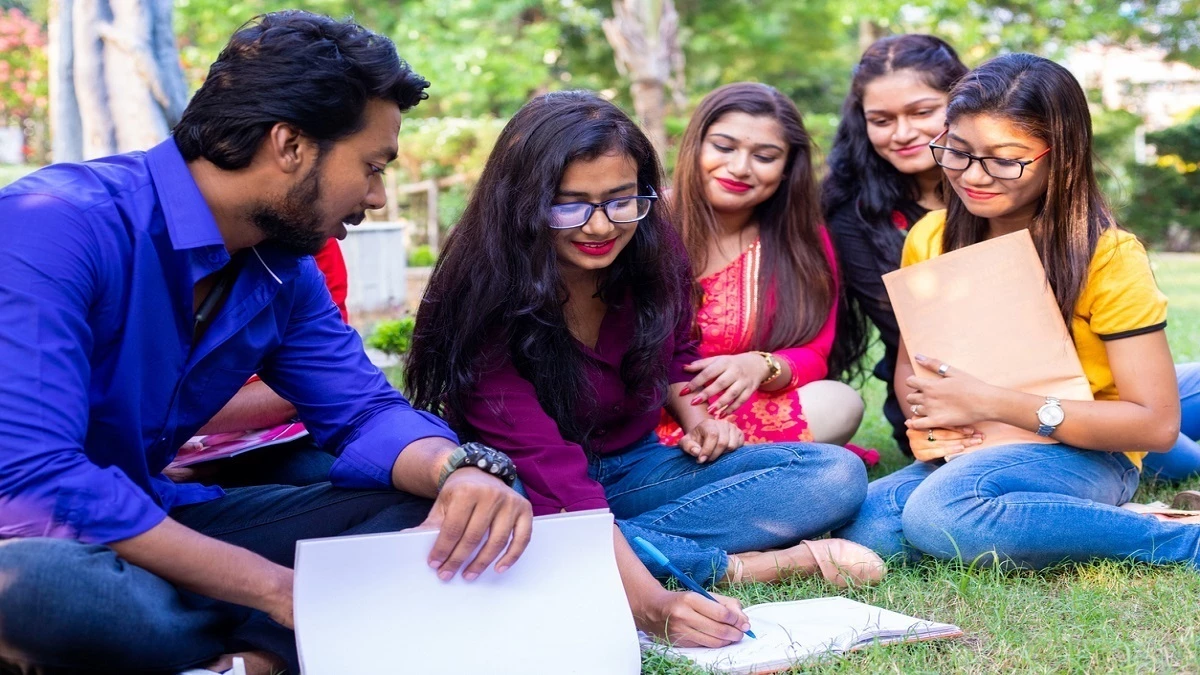Political Science is one of the important subjects for Kerala Plus Two students from the Humanities stream. The subject is divided into contemporary world politics and India post-independence. The Directorate of Higher Secondary Education, Kerala has designed the syllabus in accordance to provide updated knowledge to students. Every year, the Kerala board publishes the Kerala Plus Two Syllabus 2025 on its official website for students. They can easily download the syllabus in the PDF format. The students going to appear for the Kerala Board Class 12th exams should check out the syllabus in detail beforehand.
DHSE Kerala has released a scheme of work for class 12th on their official website to be downloaded in a PDF format. The curriculum consists of terminal examination, continuous examination, and practical examination. The written examination is mostly conducted for 60 marks followed by 20 marks for continuous examination and 20 marks for practical exam. Students are required to score 30% marks overall to be eligible for the passing certificate. The duration for the paper will be 2.5 and 2 hours depending upon the marks allotted for that paper. Students can download the exam pattern online and start the preparation for the board exams accordingly. Kerala Plus Two Time Table 2025 is not yet released. The exams will be tentatively conducted in February or March 2025. It is important to have detailed information about the marking scheme and the curriculum decided by DHSE Kerala to get good marks in the exam.
Kerala Plus Two Political Science Syllabus 2025: Course Structure
The table below includes the names of chapters included in the Political Science syllabus. Students should carefully go through both parts of the Political Science subject. During the Kerala Plus Two Board exams preparation, students should not leave any of the chapters from the syllabus:
Units | Chapter |
Part A: Contemporary World Politics | |
1 | Cold War Era and Non–aligned Movement |
2 | The End of Bipolarity |
3 | New Centres of Power |
4 | South Asia and the Contemporary World |
5 | United Nations and its Organizations |
6 | Globalization |
Part B: Politics in India Since Independence | |
7 | Challenges of Nation-Building |
8 | Planned Development |
9 | India's Foreign Policy |
10 | Parties and the Party Systems in India |
11 | Democratic Resurgence |
12 | Indian Politics: Trends and Developments |
Kerala Plus Two Political Science Syllabus 2025: How To Download
Students can follow the steps given and to download the syllabus PDF from the official website. They can visit the Directorate of General Education Government of Kerala’s website and download the syllabus in PDF format:
Step 1: Students can visit the official website of the Directorate of General Education Government of Kerala at dhsekerala.gov.in/
Step 2: On the homepage, search for the direct link available for Kerala plus two syllabus 2025.
Step 3: A new page will open on the screen with the list of subjects.
Step 4: Search for the Political Science subject and click on download PDF to get the syllabus.
Students should first download the Kerala Plus Two Political Science syllabus and then divide the syllabus into different parts. Once they complete the syllabus, students can try solving Kerala Plus Two Model Question Papers . This will introduce them to the types of questions asked in board exams. Hence, the performance of students will improve.
When preparing for the Kerala Plus Two Political Science examination, the students must concentrate on the key areas given below.
Part A: Contemporary World Politics
- Cold War Era and Non-Aligned Movement: Discuss Cold War, how the US and USSR became enemies, and why certain new countries.
- The End of Bipolarity: Discuss collapse of the Soviet Union and the shift of strategy in world politics from bipolar to unipolar.
- New Centres of Power: Discuss how China and the EU are active players as middle powers in the international political arena.
- South Asia and the Contemporary World: Analyze the political process in South Asian states and their influence on the world order.
- United Nations and its Organizations: Be familiar with the collaboration and apparatus of the UN and other coordinating organizations like WHO, IMF, etc.
- Globalization: Discuss influence globalization has brought to the economics, politics, ease, and freedom of movement of people, goods, and ideas.
Part B: Politics in India Since Independence
- Challenges of Nation-Building: Explore merger of princely states, the formation of states on a linguistic basis, and vision and actions of Jawaharlal Nehru and the leadership in the nation-building process.
- Planned Development: What were the five-year plans prepared for? What do these five-year plans intend to achieve? What has been achieved, and what problems remain in the Indian economy?
- India’s Foreign Policy: Investigate the circumstances surrounding the relations of India and its neighbors, Non-Alignment, and the position of India on the international order.
- Parties and the Party Systems in India: Examine the development of party systems, politics of coalition, and politics of the multi-party system of India.
- Democratic Resurgence: Assess the interludes of political crises such as the Emergency and the growing power of regional parties in the later years.
- Indian Politics: Studies focus on recent trends such as political change, economic reforms, and globalization of politics in contemporary India.

